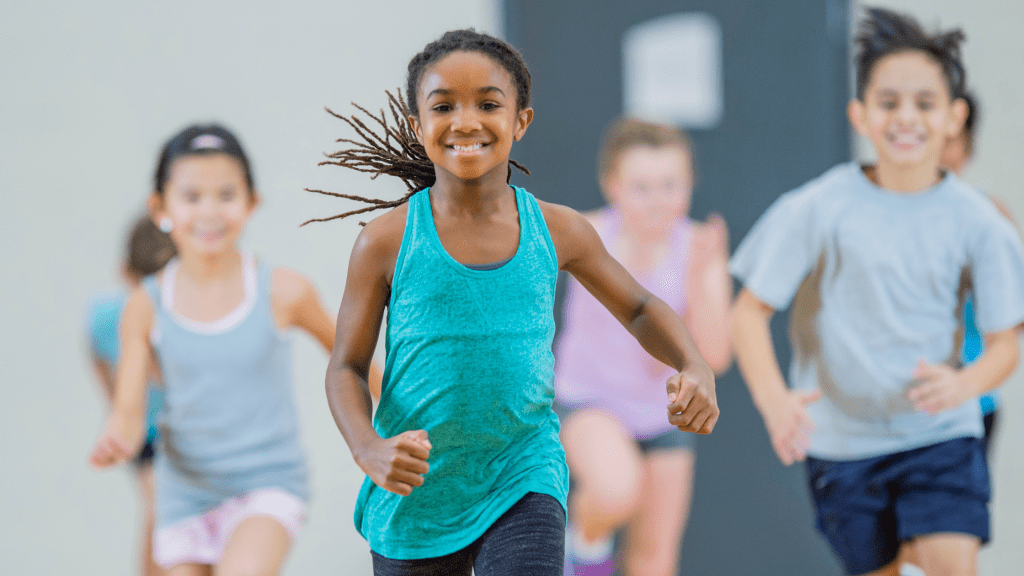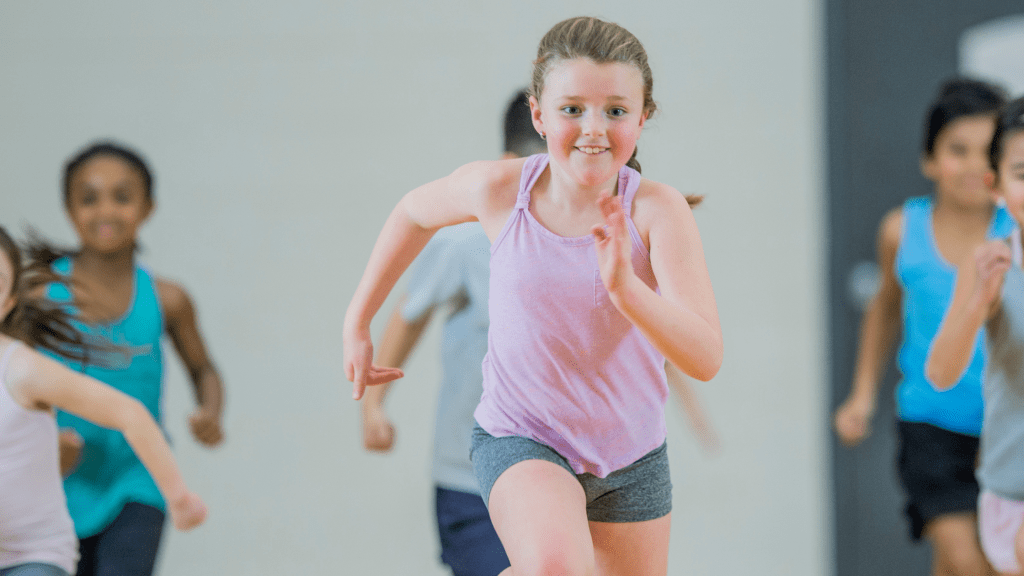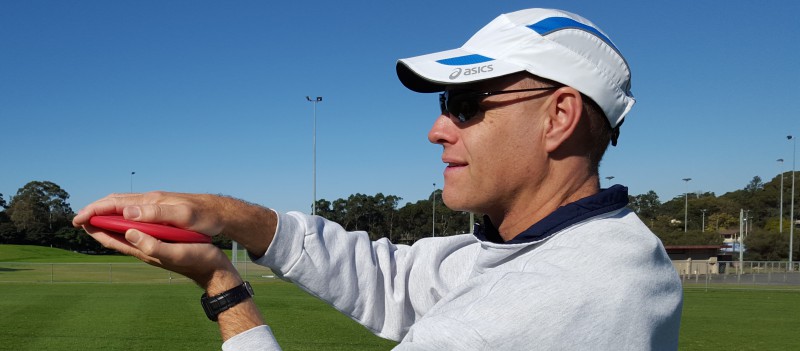The 25 Best Tips From ‘Coaching Young Athletes’ During 2020

Below are 25 of the best tips, tricks, thoughts, and ideas that appeared in articles posted on the Coaching Young Athletes blog during 2020.
1. When Reviewing A Coaching Session, Record What Actions Will Result From Your Learnings
Having to determine a focus for your next next session will force you to prioritise your learnings and ensure that action from them is planned into the next session. In other words, you will find yourself starting to plan your next session while you are reflecting on the one just completed.
2. Document Your Coaching Philosophy, Standards & Beliefs
Clearly articulating and recording your coaching beliefs requires some deep thinking. It will help you clarify your coaching identity – the coach you are and the coach you want to be. It will help you determine how you want to coach and prioritise what is and what isn’t important. It will give structure, purpose, and consistency to your coaching.
3. Don’t Expect That You Will Be Perfect
We learn from our mistakes and if you are not making mistakes, you are not making progress or pushing your learning boundaries vigorously enough. Be prepared to show some vulnerability. Accept and admit your mistakes. Coaches are role models for their young athletes. What better trait to demonstrate than the ability to accept, admit and move on from mistakes?
4. Kids Need Something To Do As Soon As They Arrive At A Coaching Session
Otherwise, there can be an awkward few minutes during which they don’t know what to do. Or they will look to fill the time with anything they can find – including playing with your meticulously set-up equipment or just generally getting up to mischief. You need to avoid having kids standing around or being left to their own devices. The gap between when kids arrive and the start of the session is an ideal opportunity to set the scene and build momentum for your session.
5. The Best Strength & Conditioning For Children Is Play
One of the simplest but most beneficial methods of strength training for kids is body weight management training. These include activities during which the child is required to control and “manage” – i.e. hold, support, move, etc – their body within their environment. It’s an age-appropriate, accessible, affordable and engaging method of developing strength in kids.

6. Your Favourite Coaching Cue May Not Necessarily Be The Best One For Your Athletes.
Be prepared to rummage, search and sift. Aim to construct a huge catalogue of cues that is never complete. Keep creating until you find one that connects.
7. Patience Pays Off With Performance
Kids are often progressing even when when their sporting performances appear to be sluggish or stagnant. They are storing the work and laying the foundations that will eventually see them pass through the plateau. Significant performance progression will often require patience.
8. Rest Will Make You Run Faster
The fatigue factor is important in speed development. We need to think about how we can better manage the fatigue during speed development sessions. This is all the more challenging with kids where session momentum and activity time are also important considerations.
9. Be Alert To What You Can Learn When Watching Children Really Engaged By Organically-Occurring Vigorous Play
Coaches, teachers and trainers who work with kids in a physical activity setting need to carefully craft their sessions to resemble a child-driven play session. Consider what the kids would do if they were in charge and then build a session around this. Kids love vigorous physical activity – if they can see a point to it, they have their say and it feels like play.
10. The Good Performance Of A Drill Doesn’t Necessarily Translate To The Good Performance Of A skill Within The Context Of A Sport
It is not uncommon for kids to look great doing closed or isolated drills and very ordinary when you add in competitors, decision making, unpredictability, or when the movements need to be done at speed or under additional force. Drills have their place but they are a means to an end, not an end within themselves.

11. Don’t Bypass The Basics
In a rush to see our kids perform “advanced” sport-specific skills, we are leaving them with a faulty foundation. We too often attempt to fast-track our kids past the fundamentals. But you can’t. It doesn’t work.
12. Teach The Fundamentals First
There is not enough respect given to developing the basics in youth sport. People get impatient with the fundamentals. But a coach who properly teaches kids the fundamentals is far better than the coach who ignores them. The technical stuff looks REALLY COOL. What looks “cool” is not necessarily effective. Don’t be fooled by the advanced stuff.
13. Teach Kids To Kids Run Their Own Race
A lot of emotional and physical energy gets wasted by young athletes when they focus on and worry about their competitors. Help young athletes learn to think that it is not about the competition; it is about them. Encourage an attitude in them where they focus more on being the best that they can be, rather than trying to be better than someone else.
14. Walk Your Talk
We all know how observant kids can be. We are often astounded at the minute details that they take in, and what they remember and relate back to us. They are observing us all the time, looking for cues, direction, and guidance. They are always watching, even when we don’t know they are watching. Kids will be a reflection of the influential adults in their life. Coaches are role models for their young athletes. What better than to demonstrate the behaviours that you are demanding of them?
15. Movement Challenges as Strength Training Are Motivational
Compared to conventional body-weight exercises, these movement challenges reduce the need for monotonous repetition and have more scope to be made into an exciting challenge or game.

16. Younger Kids Like Games; Older Kids Prefer Challenges
Up to the age of about 10, kids tend to pick the game-based activities as their favourite parts of the session. Older kids tended to cite the more challenging aspects of a session.
17. Consider The Characteristics Of The Kids You Coach
Coaches need to understand the characteristics of the age group with which they are working and deliver activities accordingly. The focus and the content of the session have to change with the audience.
18. Embrace Lifelong Learning
The pursuit of lifelong learning is a trait of great coaches. Embrace this right from the start. Don’t deflect any opportunity to develop by digging your head in the sand. John Wooden once said: “It’s what you learn after you know it all that counts. ” Sophia Nimphius has stated: “Sometimes what you need most is to challenge everything you were 100% certain about.”
19. See The Big Picture
Big Picture Coaches’ have an understanding of long term athlete development. They prepare athletes for their future in sport AND life, not just the next competition. They have patience and a plan. They will consider the appropriateness of an activity or program for the developmental stage and ability of the athlete. They will make conscious and considered decisions about what and what NOT to include in a program based on the big picture. They will at times “hold back” particular types of training with the aim of keeping it in reserve for a future time. You can’t rush deep development. We need more ‘Big Picture Coaches’ who “play the long game”.
20. Be Aware That Vigorous Physical Free Play Is A Valid Athletic Development Tool
In fact, it may even be one of the best tools. Some of the best forms of training don’t look like what we traditionally think of as training. And what we traditionally think of as training is rarely the best option for kids. Vigorous free play will always outperform most sports drills in value for kids.
21. Tell Athletes What To Do; Not What Not To Do
Don’t tell athletes what not to do; tell them what they HAVE to do; telling what doing wrong makes them focus on that. Tell them exactly what they need to do to improve.
22. Give Kids Creative Control
Never underestimate the value in giving kids the chance to solve problems and contribute solutions. There are benefits for the kids and the coach. The kids get to stretch skills as well as their imagination. The coach learns lots about the kids and is presented with new material that will extend their own coaching repertoire.
23. Dress Up Kids’ Sport
Kids sports need to look kid-friendly. We need to consider what will widen the kids’ eyes when they arrive. Build up your kit of colourful, fun-looking modified or adapted equipment and put it to good use during your sessions.
24. Consult The Kids
No matter what expertise we think we have and how well we relate to kids, they come from a totally different perspective to us. Their opinions, attitudes and answers will often surprise you, and their responses are frequently unexpected. Sometimes this comes as a jolting reality check. A glimpse of their world from their perspective will help you create activities and sessions that are relevant and resonate.
25. Blend Coaching Art And Science
Coaching science is unquestionably crucial in guiding our coaching methods. It provides proven parameters for coaches. But we should not always blindly bow down to it, particularly until the context of the coaching is taken into account. The participants, their priorities and their personalities must always help shape our coaching decisions. A blending of science and art seems to be the sensible solution.
Which tip is your favourite?
I would love to hear which of the tips is your favourite. What resonates with you? Let me know by leaving a comment/reply or by using the contact details below.
Further reading
25 Tips From 2019 That Will Make You A Better Coach
10 Tips From 2018 That Will Make You A Better Coach
If this post helped you please take a moment to help others by sharing it on social media. If you want to learn more I encourage you to leave questions and comments or contact me directly.
Darren Wensor is a sports development professional, coach educator, specialist coach of young athletes, and founder of the blog coachingyoungathletes.com. Learn more about him here and connect with him on Twitter, Facebook, Linkedin, or via email. Check out Coaching Young Athletes on YouTube, the Coaching Young Athletes podcast, and the Coaching Young Athletes E-Book Series.


A wonderfully reflective post, written by a coach who has clearly undertaken reflection over the years!
Many athletics ‘coaches’ are well-meaning folk; I am a primary school PE teacher with a keen desire to do my best and give the range of students a range of skills and strategies that will ultimately assist them to participate in a wide range of physical activities over time. I am not a ‘proper’ coach so the Coaching Young Athletes tips and blog posts are invaluable – thanks.
LikeLike
Thanks for the feedback Guy. I’m really glad that you find the information useful. Darren
LikeLike